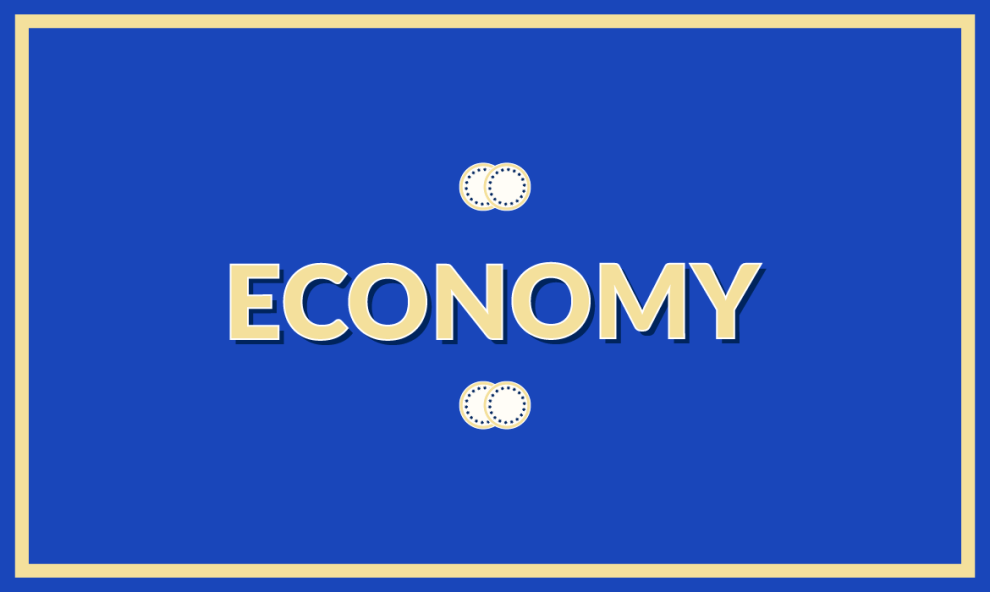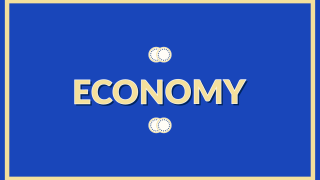“When there is peace under the heavens”, says a Chinese proverb, “the big problems seem small”. When things work well, in normal mode, the defects or deficiencies slip into second place and no one by and large worries about them. Paradoxically, the status quo balks at remediating problems while making it nearly impossible to capitalize on opportunities. Mexico has become familiar with many examples of both situations.
In terms of problems, on many occasions, these come to be resolved over time, rendering irrelevant the complaints or criticisms of us Cassandra-like disbelieved alarmists perennially found in all societies: those of us who fret about the problems or situations that, if not taken care of, would entail colossal risks ahead. The thing changes when a crisis presents itself.
Crises demand response and leadership. These are moments at which the variables that previously functioned in a known manner stop being predictable and the problem-solving capacity depends in good measure on the quality of the leadership with which a society is endowed. A leader must be clear on the objective that he or she pursues to face the crisis, but must also have the capacity to understand the deep-seated causes of the latter, as well as the maturity in the making of decisions –many of these terribly costly- that defeating a crisis requires.
On looking back in time, to the seventies through the nineties during which financial crises proliferated, although not all were managed with the same dexterity, we the citizens entertained the advantage of having the governmental capacity and competency to deal with them. Of course not everyone liked the budget cuts or the decisions vis-à-vis the debt, the banks or the handling of the exchange rate, but this affirmation becomes considerably more relevant when compared with the capacity and disposition that was present then to respond in the face of the crises ensuing in the country, with what has occurred with similar crises that have taken place recently in other societies -from Argentina to Greece and including the U.S.
It is evident that each country’s circumstances condition and determine the latitude that a government retains to respond and that establishes the margin for maneuvering within which to act. In this manner, a country like Argentina, which enjoys an immense food production capacity, can afford to run risks that nearly no other country in the world could manage. On its part, Greece found itself with the decided support of the rest of Europe not because these nations were content with Greece’s performance or with its government’s response capacity, but because all saw their own common currency at risk. The U.S. has secured the privilege of being able to postpone its inevitable fiscal adjustment -above all in relation to social, health and pension programs, the so-called entitlements- to a great extent because it has a reserve currency.
Robert Samuelson, an economic analyst for the Washington Post, has much criticized President Obama for not assuming the leadership that the crisis calls for. According to Samuelson, “only the occupant of the bully pulpit can yank public opinion back to reality” because his executive function grants him the possibility of doing so, and in fact converts him into the sole political actor who can. Only the president, insists the analyst, has the capacity of exercising what the situation demands. The result of not doing this, and one that severely affects the Mexican economy, is that the U.S. is confronting a crisis of confidence that is reflected in low investment levels, hence prolongation of the crisis.
Beyond the critical situation, another way to squander time and resources is not to exploit opportunities. Perhaps the main difference between the success of a good part of the Southeast Asian countries and the relatively poor performance of Mexico’s economy in the past decades lies less in what was done than in what wasn’t. For example, with import liberalization, in the eighties a radical turnabout in the direction of the Mexican economy occurred. However, it took twenty years for that decision to begin to exert a notable impact on the economy’s growth rate. As Andrés Velasco, an ex-Secretary of the Treasury of Chile says, a critical mass of exporters had to be reached for the benefit to be perceivable. However, he states, as in Chile a decade earlier, once companies adjust to the new circumstances, the economy becomes much more flexible and its capacity for adapting to a changing world grows.
Although the delay in adaptation can be explained, not so the total absence of public policies designed to accelerate it. Perhaps the best positive example in this respect is the impressive aeronautical industry that was born, practically from nothing, in Queretaro. While less visible than its Brazilian counterpart (which has its own brand of planes) according to some studies, that industry today adds more value in Mexico than in Brazil. Mexico may not have its own airplanes, but its aeronautical industry pays better salaries and produces more wealth than its southern counterpart. What’s interesting is that its genesis is directly related to the State of Queretaro’s decision to create a university major in aeronautical engineering, generating with this the personnel who have made the rise of the industry possible. Of course, there is no guarantee that the establishment of a university career major (or something similar) will translate into the development of such an important industry, but the question of how many opportunities have been lost due to lack of vision, foresight and governmental conscience at all levels is not unwarranted.
What’s impacting about the Queretaro example is that the cost incurred in the development of the industry was not extraordinary: an existing vehicle was taken advantage of (the university) and a university career major was constructed that, if not having jelled in the locality, would have provided qualified manpower for other latitudes. In other words, it entailed a moderate wager that has had an extraordinary benefit. Unfortunately the commonplace –about which there are lamentably many examples – concerns enormous wagers with no benefit at all.
The country does not lack good decisions, but it has indeed suffered from trifling clarity in its leadership in the area of opportunities that would expedite its transformation. Just as the crises necessitated fiscal prudence, the gradual reconfiguration of the national economy and that of the North American region lays bare opportunities that we should not pass up, one more time. The key is not more spending but intelligent prodding, if only from the pulpit.






Comments